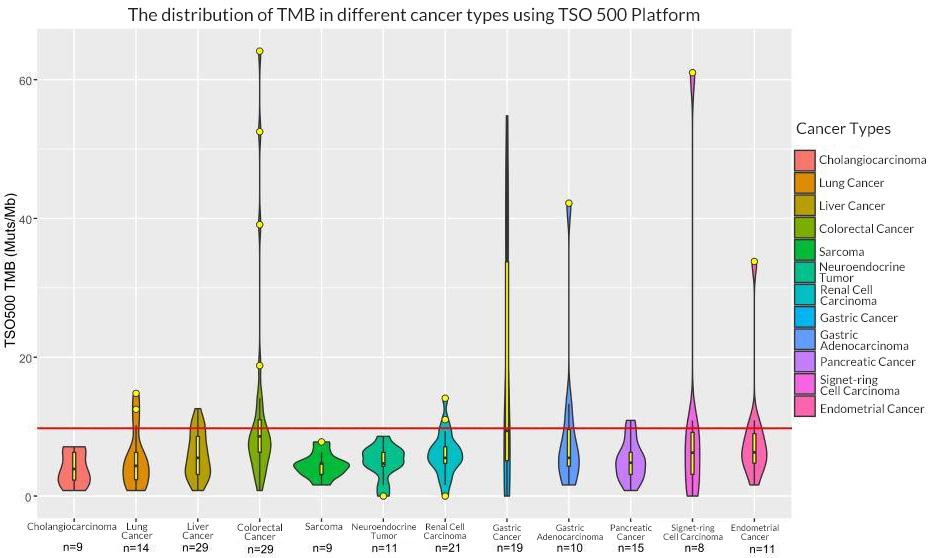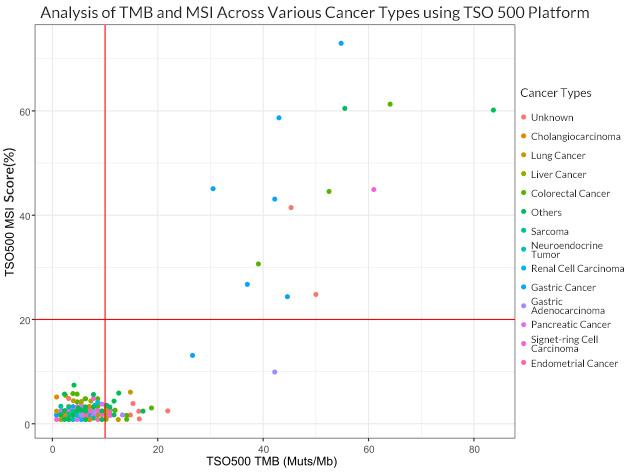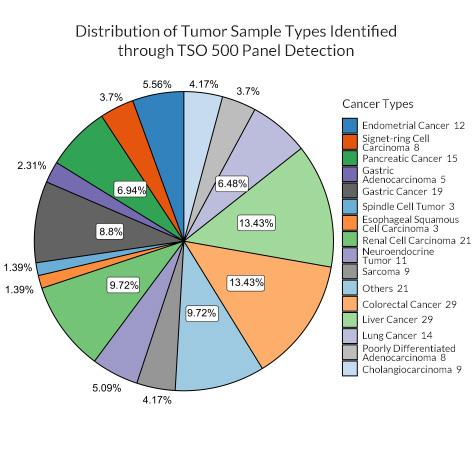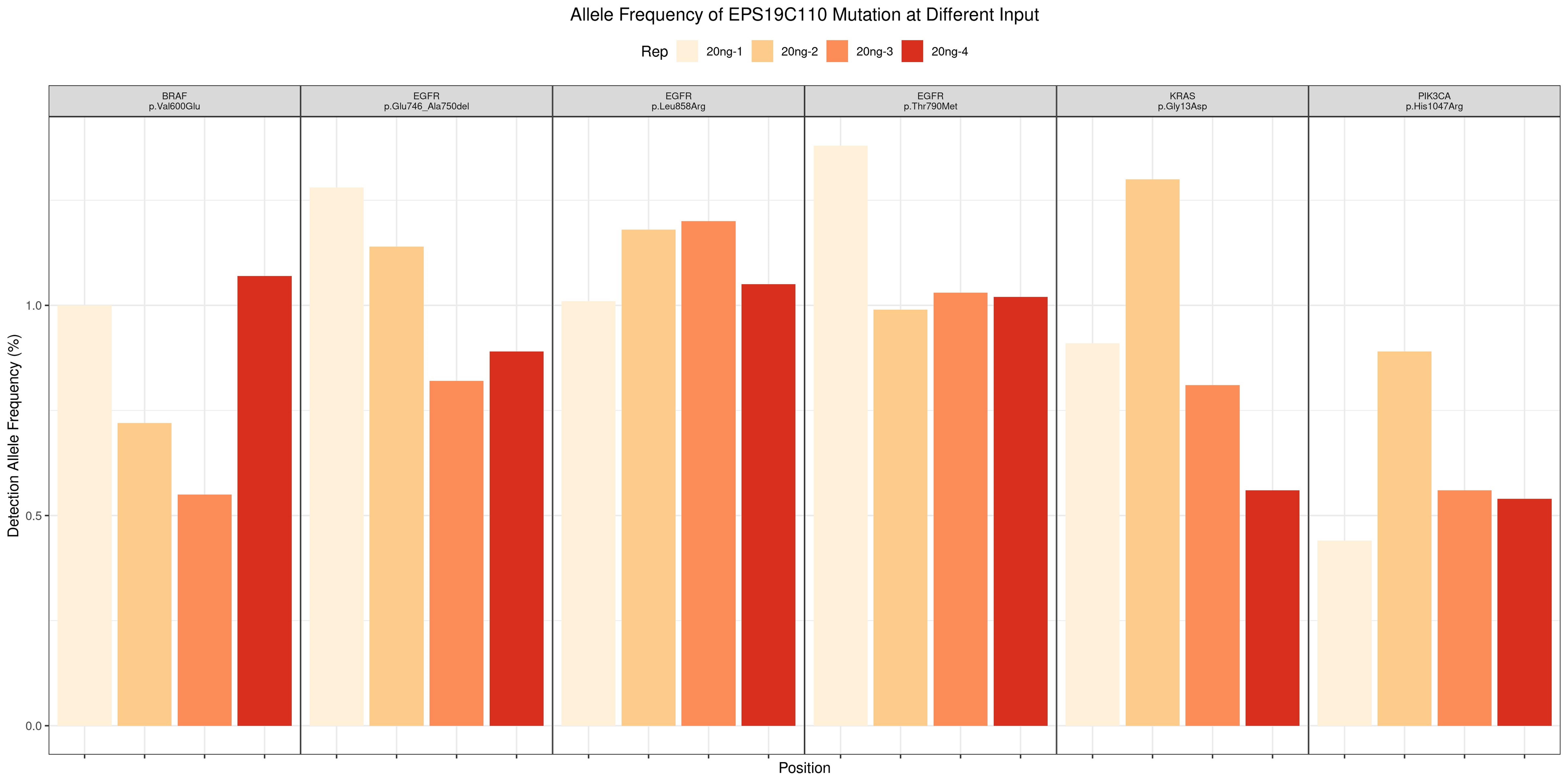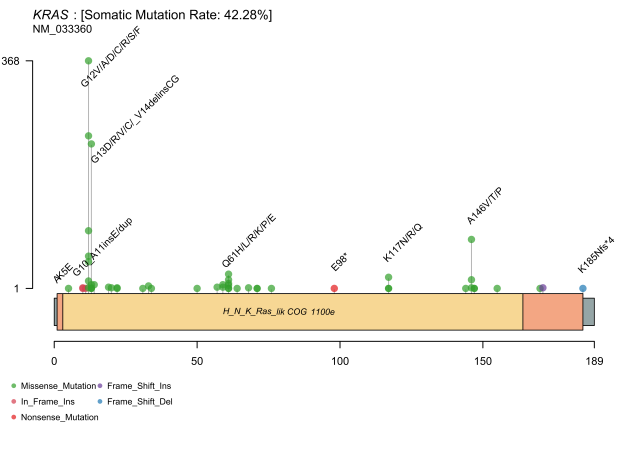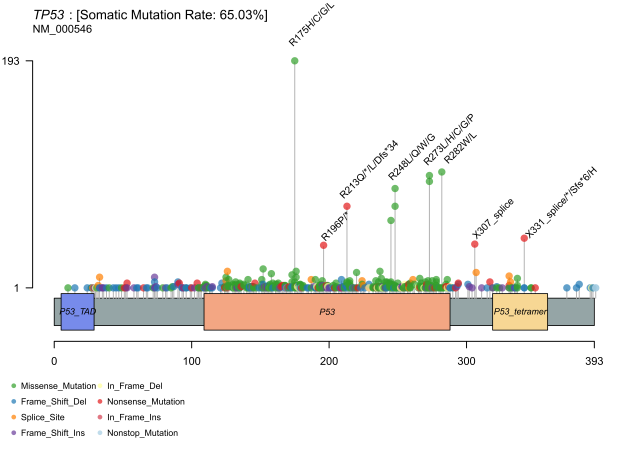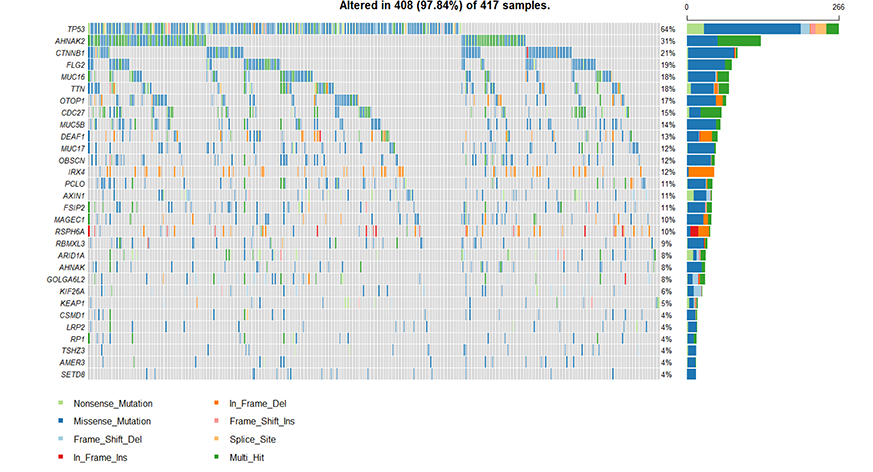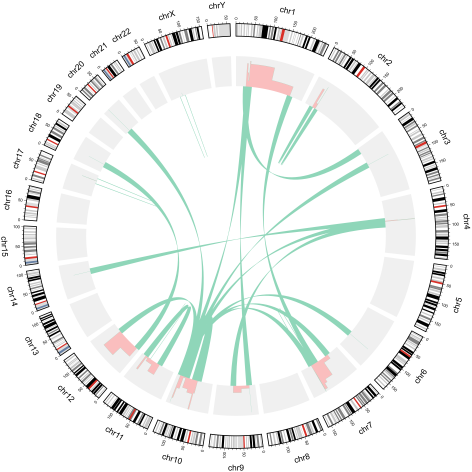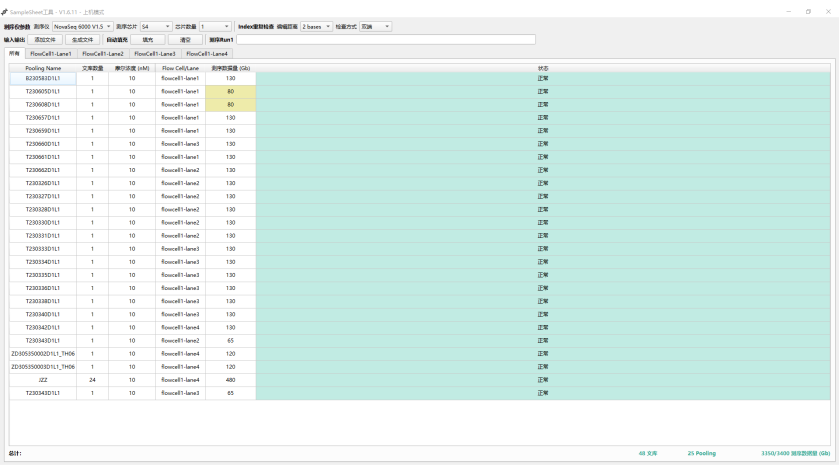
Dunwill has a professional bioinformatics analysis team of international senior researchers. Our team members bring extensive expertise to the realms of biological data analysis, mining, and software development. Our team is not only proficient in processing and mining various high-throughput biological data, such as genomics, transcriptomics, proteomics, immunology, single-cell sequencing, but also adept at leveraging artificial intelligence technologies for tasks such as data modeling, biomarker screening, and image recognition.
Dunwill's bioinformatics team possesses extensive practical experience in the dynamic field of bioinformatics, demonstrating proficiency in a diverse array of analytical tools and methodologies. The team also has cultivated significant expertise in cutting-edge fields such as single-cell sequencing, circulating tumor cell (CTC) recognition and spatial transcriptomics. In addition to offering standard bioinformatics analysis services, our team excels in delivering customized analytical solutions and tailored process optimization designs that cater specifically to the unique requirements of our clients.
Our objective is to leverage the synergy of bioinformatics and artificial intelligence technology to furnish clients with thorough and profound biological research outcomes, facilitating the development of novel drugs and diagnostic tools while propelling clinical translational research endeavors. Our service portfolio encompasses comprehensive and professional bioinformatics analysis services, spanning data analysis, extensive data mining, meticulous interpretation of results, and sophisticated data visualization. Our unwavering commitment lies in utilizing technological innovation to contribute to the realms of life and health, thereby fostering advancements within the precision medicine industry.
Dunwill is equipped with state-of-the-art Illumina DRAGEN and 10x Genomics single-cell RNA sequencing platforms, enabling swift and efficient analysis of extensive datasets. Our DSP (digital spatial profiling) target quantitative detection technology seamlessly integrates spatial location and molecular expression, adeptly meeting the multidimensional demands of scientific research and clinical applications. These advanced technological platforms empower us to deliver personalized analysis services, catering to the diverse requirements of our clientele. The Dunwill Bioinformatics team remains steadfast in its commitment to applying cutting-edge technology, ensuring the provision of high-quality analytical services and robust biological analysis results for an expanding clientele within the life science and clinical domains. This commitment extends to benefiting patients and society at large. Leveraging professional knowledge and substantial experience, we are dedicated to creating elevated scientific research and commercial value for our esteemed clients.


